Dieter Klocker, Prager Kammerorchester, Milan Lajcik - Leopold Kozeluch - Clarinet Concertos & Sonate (2006)
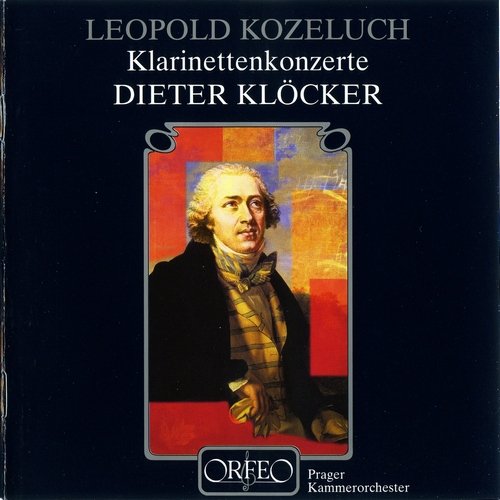
Artist: Dieter Klocker, Prager Kammerorchester, Milan Lajcik
Title: Leopold Kozeluch - Clarinet Concertos & Sonate
Year Of Release: 2006
Label: Orfeo
Genre: Classical
Quality: FLAC (tracks+.cue,log,scans)
Total Time: 69:21
Total Size: 380 Mb
WebSite: Album Preview
Tracklist: Title: Leopold Kozeluch - Clarinet Concertos & Sonate
Year Of Release: 2006
Label: Orfeo
Genre: Classical
Quality: FLAC (tracks+.cue,log,scans)
Total Time: 69:21
Total Size: 380 Mb
WebSite: Album Preview
Clarinet Concerto No.1 Es-Dur
1. Allegro molto 8:46
2. Poco adagio 5:37
3. Rondo: Allegro 8:51
Sonate concertante for Clarinet & Orchestra Es-Dur
4. Allegro moderato 8:40
5. Adagio 5:28
6. Menuetto – Trio 3:10
7. Allegro scherzando 5:06
Clarinet Concerto No.2 Es-Dur
8. Allegro 10:47
9. Andante moderato 6:38
10. Rondo: Allegro 5:39
Performers:
Dieter Klocker – clarinet
Prager Kammerorchester
Milan Lajcik - conductor
Bohemian composer Leopold Kozeluch earned himself a negative historical reputation by putting himself forth as a rival to Haydn and Mozart; badmouthing the former to the latter, he received the retort that "even if you were to put the two of us together, you would still not produce a Haydn!" German clarinetist Dieter Klöcker, an indefatigable investigator of the context that surrounded the mighty Viennese trinity, sets out here to rescue Kozeluch from obscurity with performances of a trio of highly idiomatic clarinet pieces. It's hard to disagree with a newspaper critic of the day, quoted in Klöcker's excellent notes, who wrote that Kozeluch showed "great imaginative boldness" but too often offered "mere copies of ordinary life" that were "prettily dressed up like a young woman trying to please her admirers by means of flowers and ribbons." His music was forward-looking in style, with slow movements whose elevated pathos must have been familiar to the young Beethoven and a ready grasp of the new star role of the concerto soloist. These three concertos (the Sonate concertante, tracks 4-7, has four movements and a somewhat less sharp division between solo and orchestra that the two works designated as concertos), especially the last one, offer technical challenges galore for the soloist. Yet there are also long passages in blank rhythms, with little apparent structural reason for being. The recording ought to be in the collections of libraries, for it offers examples of some little-understood phenomena of the time: in addition to the Sonate concertante (reworked from parts of a pair of string quartets), there is the derivation of the Clarinet Concerto No. 2 in E flat major from a similar work by Carl Stamitz. It is not a mere transcription but an expansion, with virtuosic flourishes and new structural digressions. In an age of remixes and explicit stylistic allusions, this makes for interesting listening -- probably more interesting than the basic stuff of Kozeluch's original music. The performances by Klöcker and the Prague Chamber Orchestra are unimpeachable, with an intensity level from the orchestra perfectly pitched so as to display the solos in their best light.

![Abraham Réunion - Jaden an nou (2026) [Hi-Res] Abraham Réunion - Jaden an nou (2026) [Hi-Res]](https://www.dibpic.com/uploads/posts/2026-02/1770745777_folder.jpg)
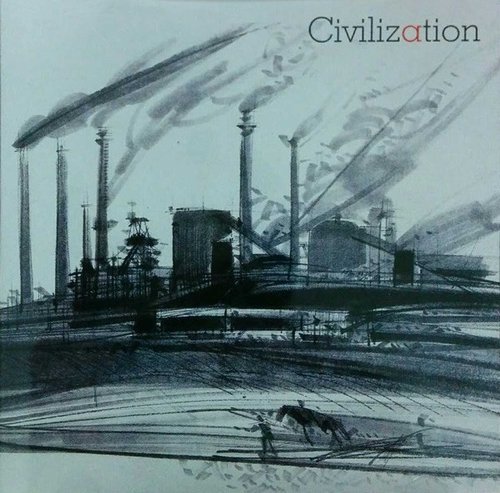
![Aleph Aguiar - Sugar on my Blackbeans (2026) [Hi-Res] Aleph Aguiar - Sugar on my Blackbeans (2026) [Hi-Res]](https://www.dibpic.com/uploads/posts/2026-02/1770897015_f61fqxvf9z2t0_600.jpg)
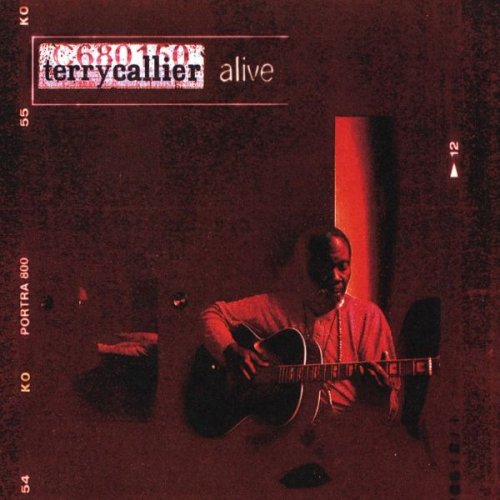
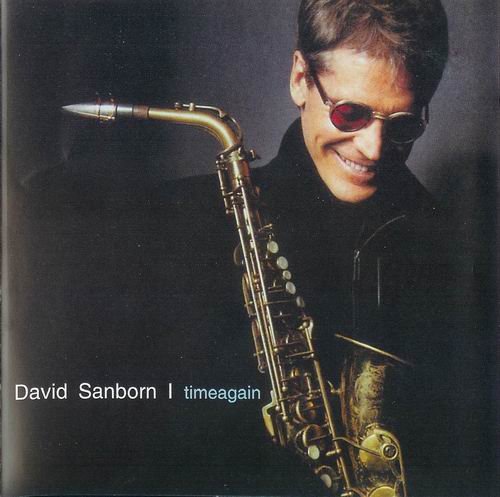
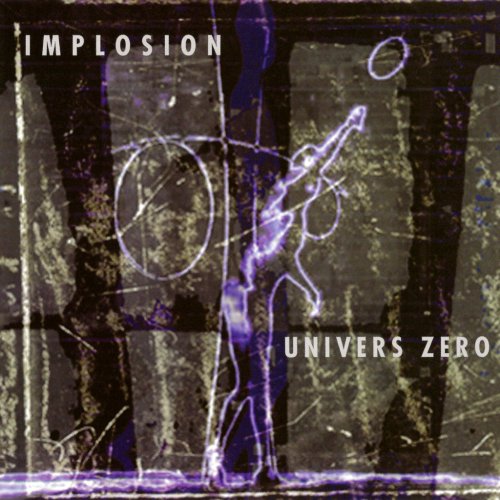
![Willis Jackson - Soul Grabber (1968) [Vinyl] Willis Jackson - Soul Grabber (1968) [Vinyl]](https://www.dibpic.com/uploads/posts/2026-02/1770670520_5.jpg)
![Jas - Volcano (1985/2026) [Hi-Res] Jas - Volcano (1985/2026) [Hi-Res]](https://www.dibpic.com/uploads/posts/2026-02/1770916270_quvprag0hq8my_600.jpg)